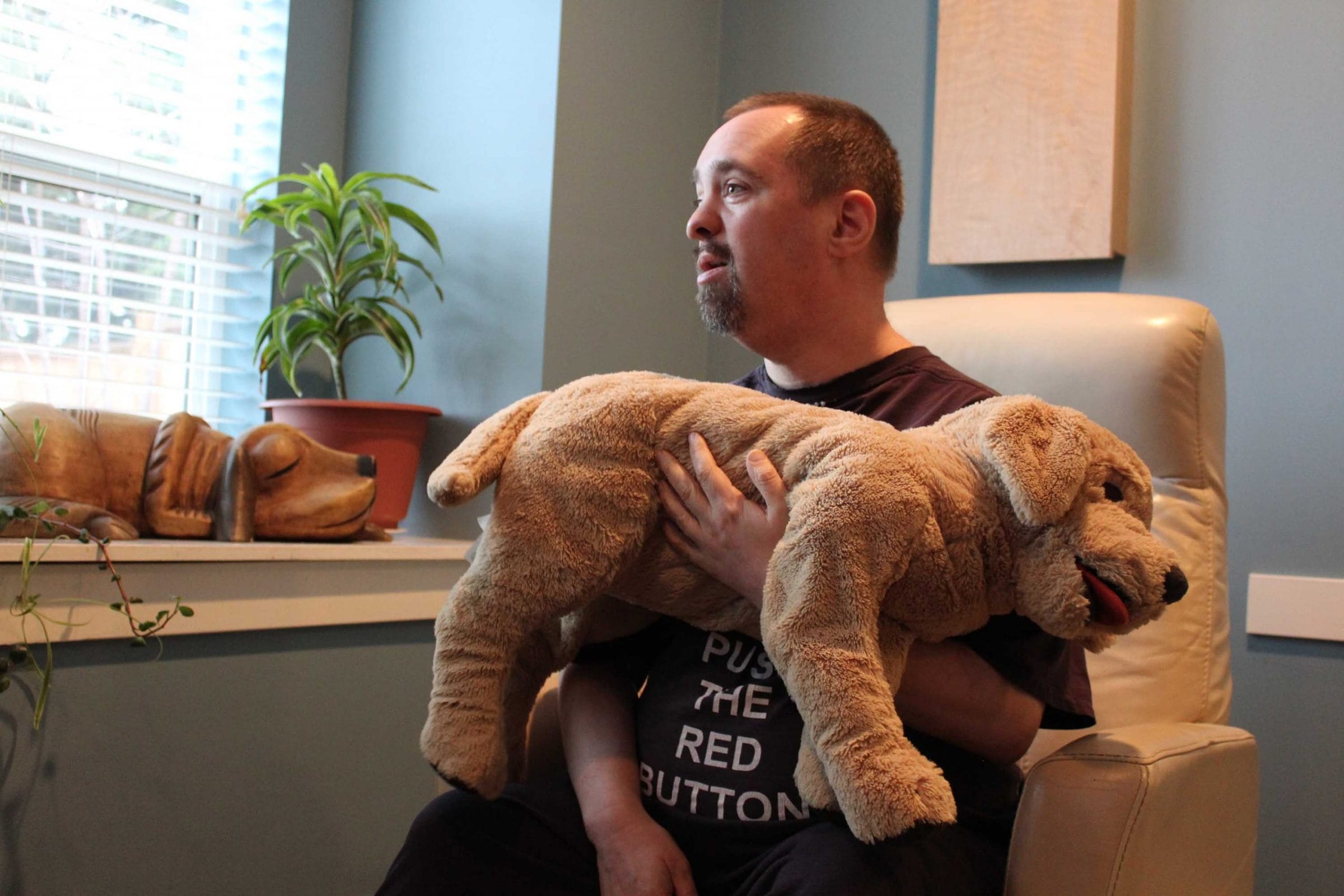
People
Positive Support Makes All The Difference
One of Mark’s regular, weekly activities is to head to the Starbucks drive-thru in his neighbourhood to pick up a coffee. Thankfully, this activity is still possible and allows Mark and his caregiver to maintain the social distancing that helps keep everyone safe. He’s a popular customer at Starbucks and often, when he receives his cup-to-go, it will have smiley faces, little hearts, or messages from the baristas who serve him. Recently, Mark delivered a hand-made card to say thank you.
“The staff at that Starbucks are really good,” says Shelly Knuff, who manages the home where Mark lives with his three house mates. “It’s become a very successful outing for him.”
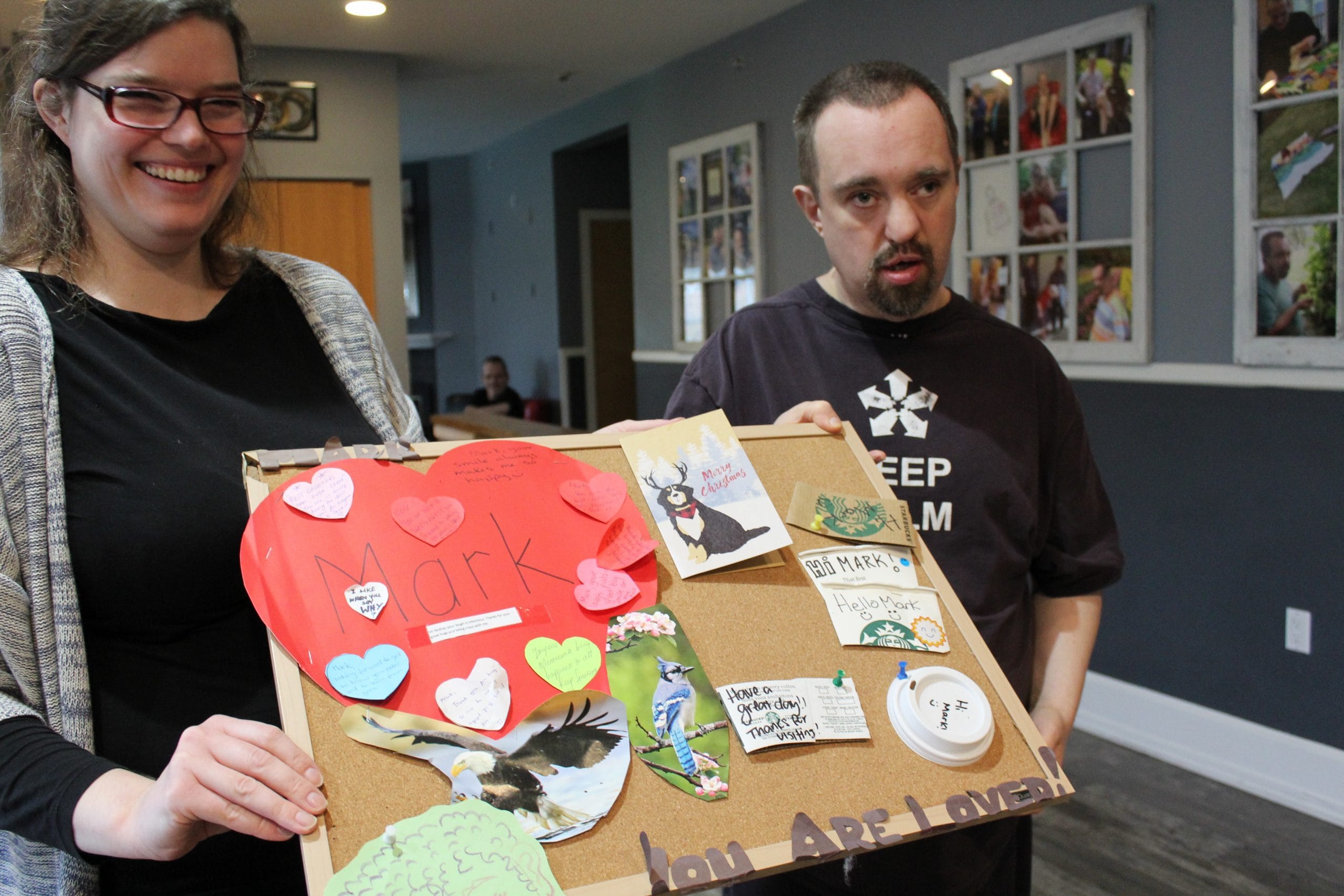
For Mark, who lives with Fragile X and is on the Autism spectrum, social outings can cause great anxiety if not managed well. Anxiousness has impacted his ability to socialize in community and in the past has made life difficult for him and those around him.
But all of that has changed for Mark because of the implementation of two specific trainings in which the staff who work in his home have taken part. Mandt is a mandatory training for all Communitas staff who serve people living in one of Communitas’ homes. The Mandt system focuses on building healthy relationships, good communication, and conflict management skills. These tools help staff to recognize when Mark’s needs are not being met and adjust so that he feels safe and secure.
Through Positive Behaviour Support training (PBS), Communitas creates an organizational culture that best supports the individuals served by the organization. The support is focused on each person’s preferences and needs. Much of what makes PBS successful is taking the time to truly get to know and understand an individual, what their preferences are, and what can trigger anxiety. PBS creates a predictable routine, driven by Mark’s preferences and needs, allowing him to feel safe. Consistency is very important to make PBS strategies successful, so all those who work in the home where Mark lives, are trained in the same way. This gives Mark consistent, predictable support.
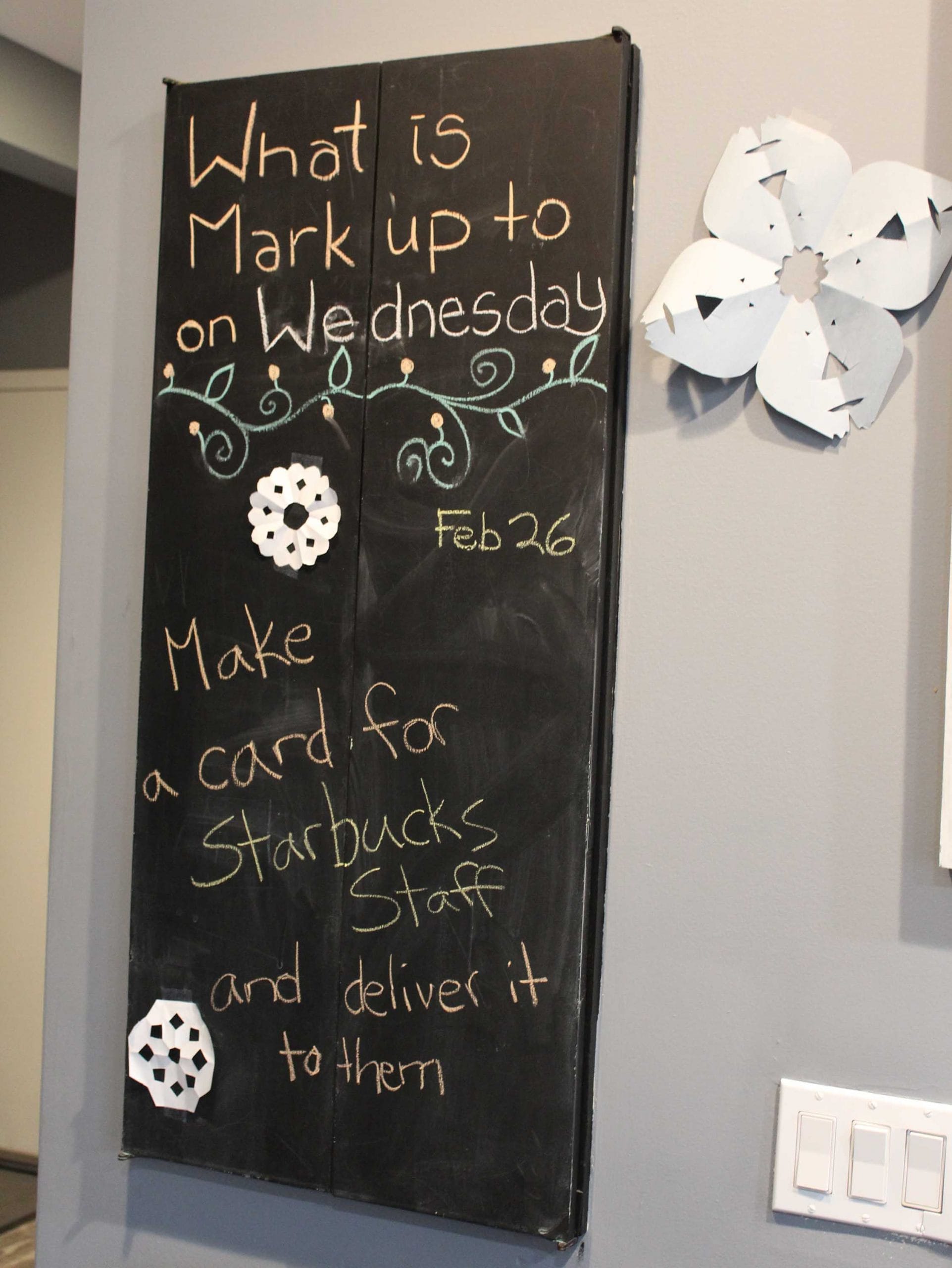
The “Wednesday board” is an example of this. Mark frequently asks “What’s Mark doing?’. If each staff person gives him a different answer, then he becomes confused, which escalates his anxiety. Instead, all of the staff respond to Mark by redirecting his attention to the “Wednesday board,” reminding him of the specific tasks that are written there. This helps lift his anxiety and grounds him.
Now, because all the staff know how to best support Mark, he has experienced significant growth in his ability to connect with people and interact in community. Mark has become a social person, visiting the local Starbucks, going for walks at the mall, or for drives in the van. He makes regular visits to the Communitas office in Abbotsford, which has become a safe place for him to practice his interactive skills. At his home, Mark helps around the house by taking out the recycling to the curb or going to the recycling depot. At the end of the day, it’s all really about helping Mark to feel safe and grounded.
“Seeing the change in him has been remarkable,” Shelly says. “It’s wonderful to be able to bring out the best in Mark, to help him feel good about himself and others.”
Related Stories
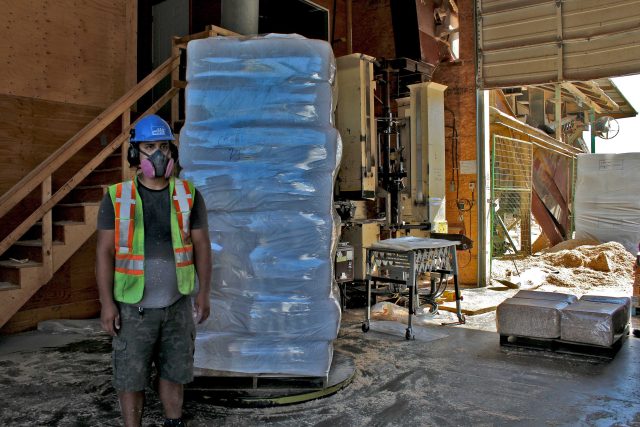
On Time, Every Shift, Consistent Effort
Jericho is a valued employee at Klassen Wood Co. Find out why his employers hired him and continue to appreciate his contributions.
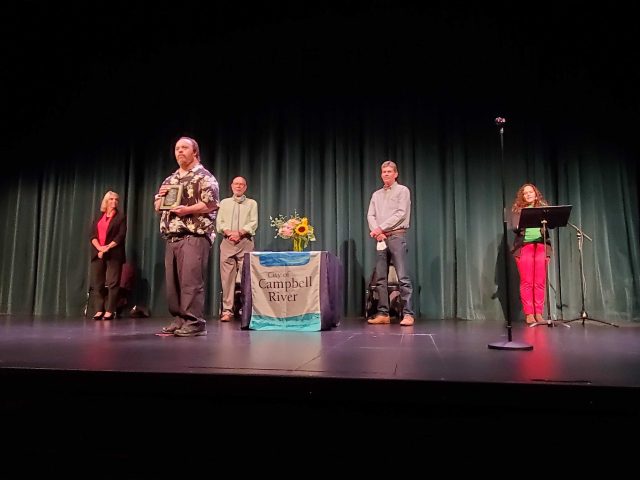
Miles Goes the Extra Mile
Miles’ deep desire to care for the environment was recently recognized with an award from the City of Campbell River. He hopes this recognition will inspire others!
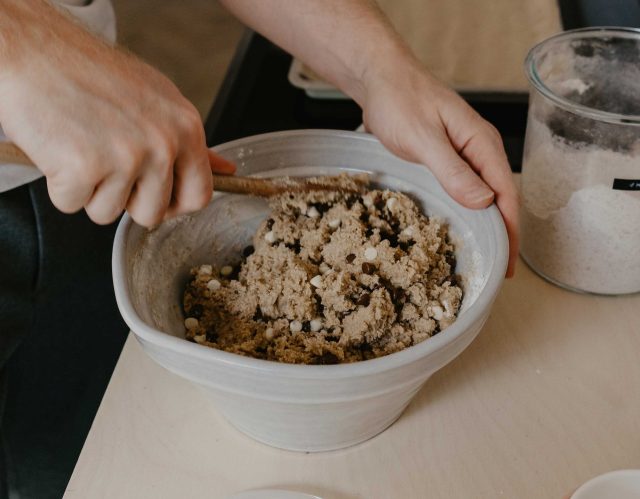
Recipe A Reminder Of Mom
Finding his mom’s cookie recipe brought back wonderful memories for Martin. Find out what happened when he tried to bake the cookies!